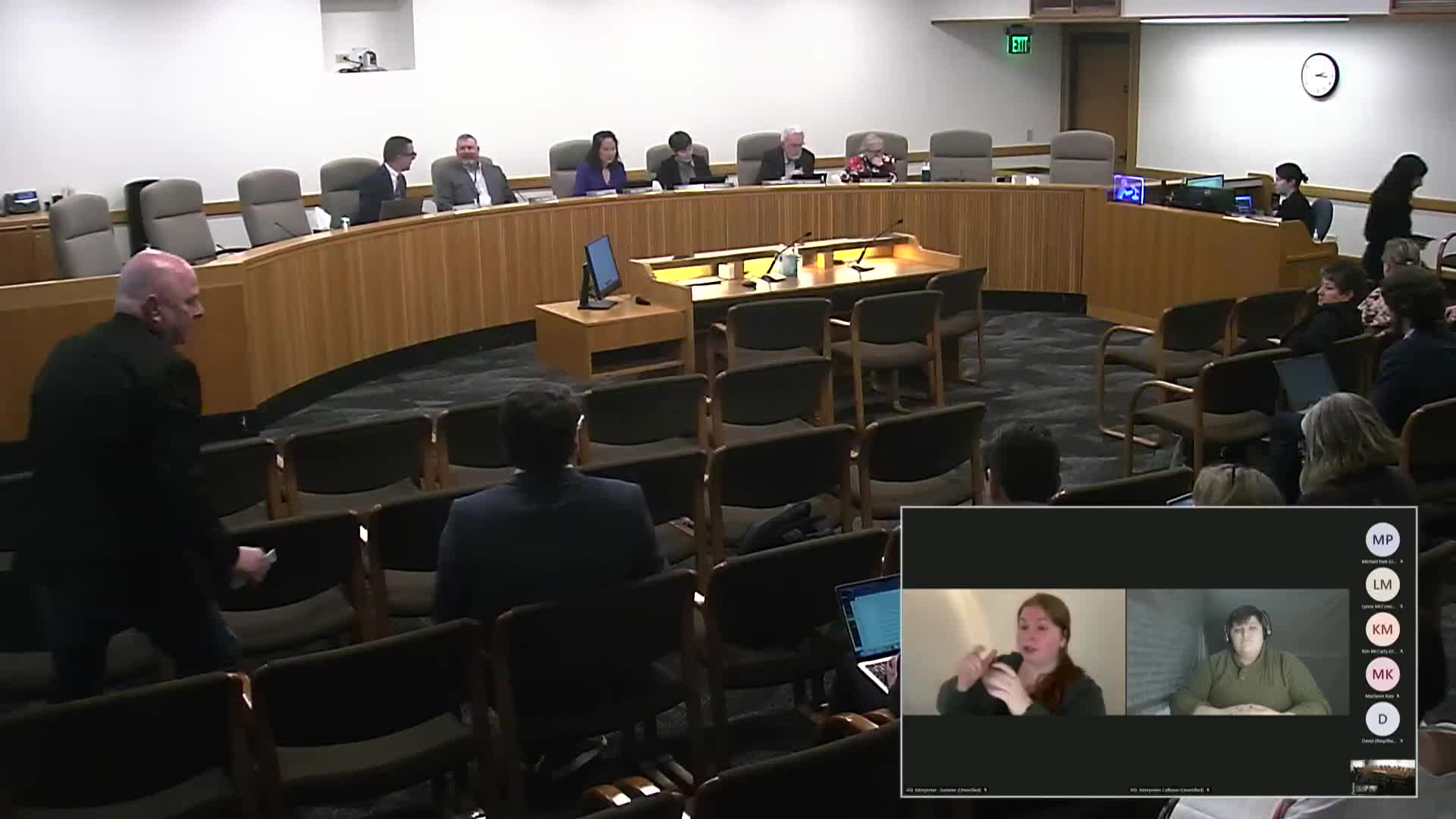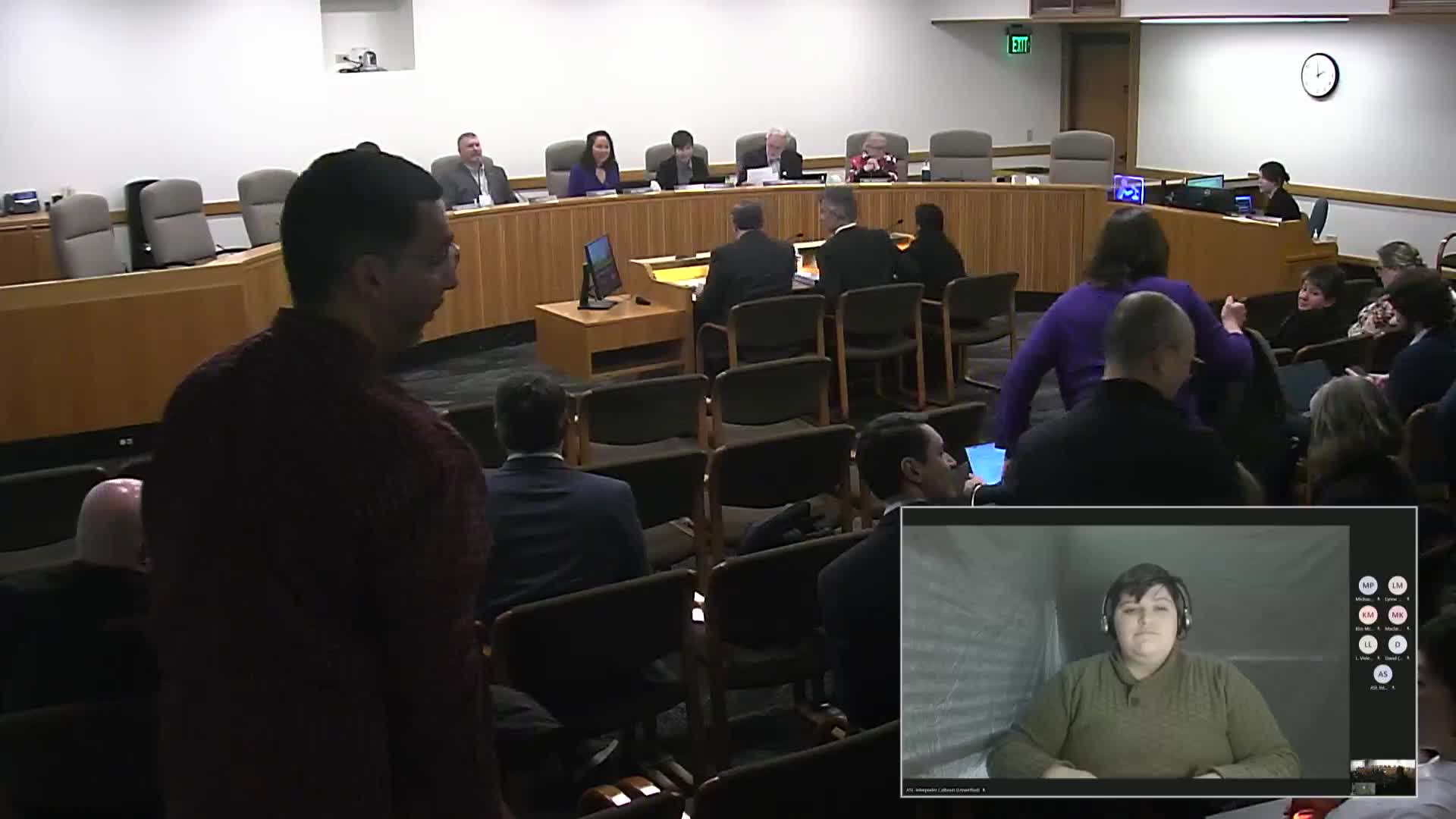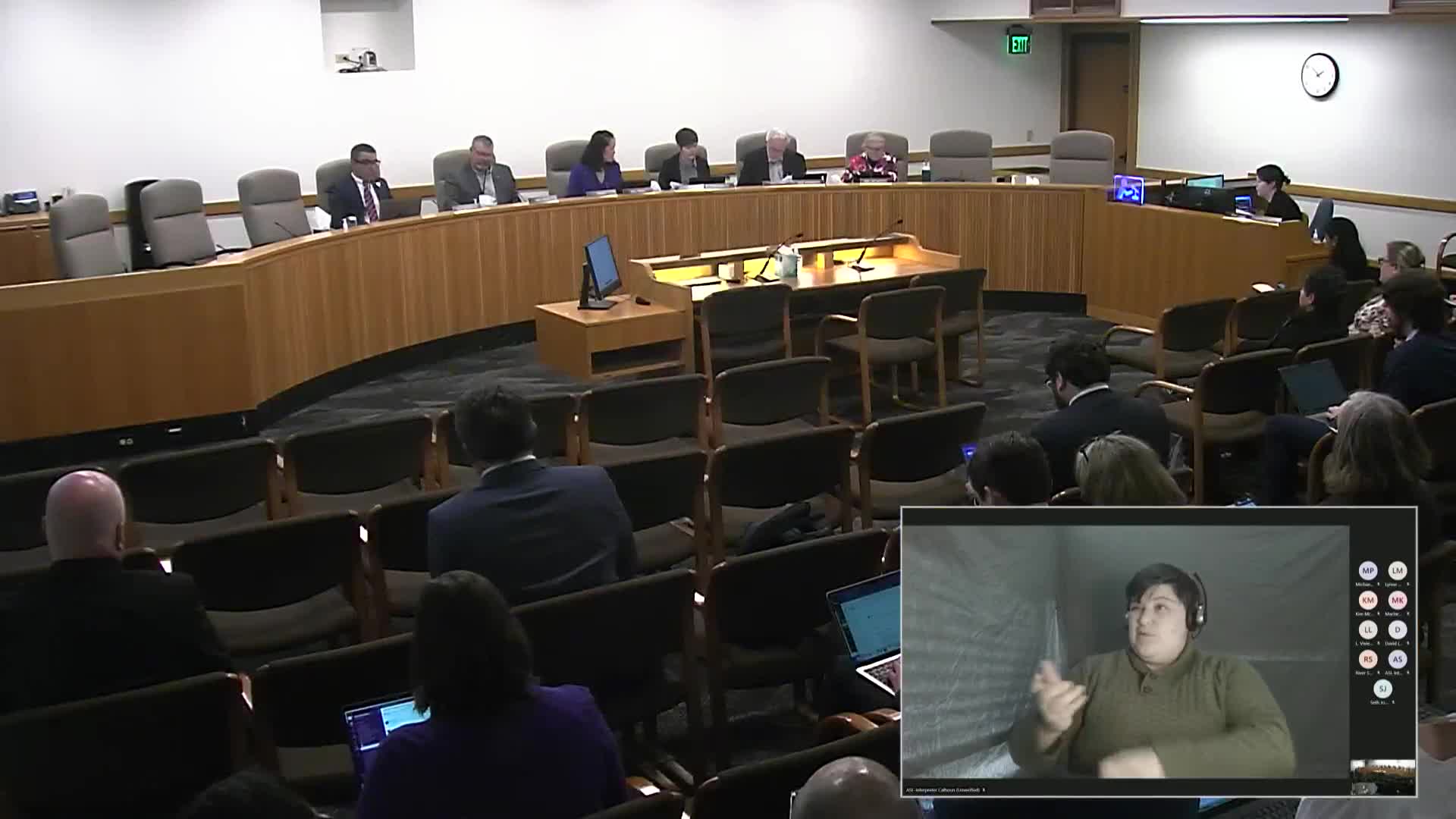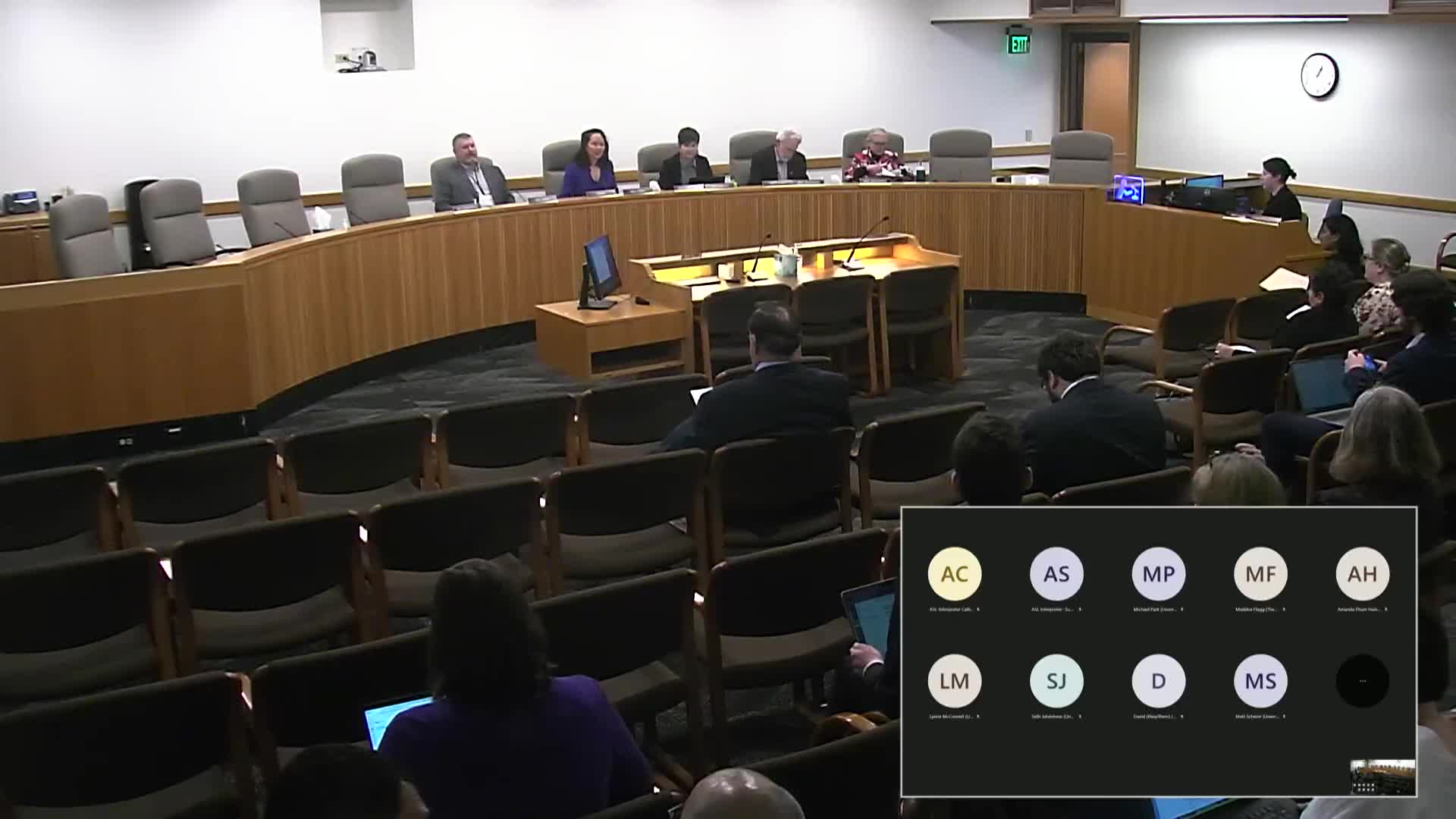Article not found
This article is no longer available. But don't worry—we've gathered other articles that discuss the same topic.

Senate hearing: lawmakers hear calls to fund affordable‑housing preservation; SB 51 carried to March 31

Governor and insurance officials back bill to ease insurance costs for affordable housing; committee carries hearing to March 31

Committee advances bills funding Bridge Meadows and a Self Enhancement Inc. affordable‑housing project; roll calls recorded

